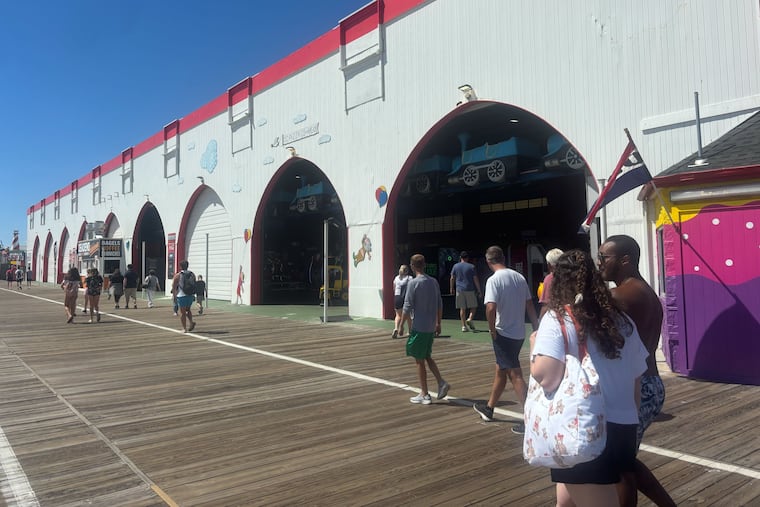Faith leaders urge elected officials to address immigration concerns amid worries of changing attitudes.
In Philadelphia, the Rev. Robin Hynicka, pastor of the United Methodist Church, is raising critical questions about the city’s commitment to undocumented immigrants amid intensifying federal immigration actions. Along with other prominent religious leaders, Hynicka expresses concern over the local government’s response to U.S. Immigration and Customs Enforcement (ICE) activities, particularly following a series of arrests of pro-immigration protesters, including members of his congregation.
Hynicka has argued that there appears to be a lack of vocal support from city officials regarding the rights of immigrant communities, which have been increasingly anxious due to actual and rumored arrests. At a recent news conference, he expressed a desire for a clearer declaration of solidarity from city leaders, juxtaposing Philadelphia’s historical posture as a city that welcomes immigrants alongside recent tensions.
Officially, the city’s stance remains that local law enforcement does not assist ICE in carrying out arrests. However, the language surrounding this policy appears to have altered as city officials navigate the complexities of federal politics, particularly under the Trump administration, which has threatened significant cuts in federal funding for “sanctuary” jurisdictions.
Mayor Cherelle L. Parker reaffirmed the city’s commitment to being a “welcoming city” during a recent press conference. She emphasized an executive order from 2016 that delineates the conditions under which Philadelphia authorities may comply with ICE detainers, specifically requiring a signed judicial warrant. Still, Parker acknowledges the balancing act of protecting all residents, regardless of their immigration status, while also managing potential repercussions from federal authorities.
The protests in Philadelphia reflect broader national movements among faith leaders advocating for immigrant rights. These leaders historically have provided sanctuary for those facing deportation, a practice that has faced new challenges as federal policies have shifted. The potential for increased ICE activity has reinvigorated calls for public condemnation of heightened enforcement measures that target undocumented workers.
Recent weeks have seen significant activity by ICE in Pennsylvania, with reports of arrests including employees at restaurants and manufacturing facilities. City Councilmember Rue Landau and State Senator Nikil Saval have been particularly vocal, utilizing social media to increase awareness and educate the public on immigration rights.
Philadelphia District Attorney Larry Krasner has critiqued the Trump administration’s policies while maintaining a neutral stance on law enforcement actions. His office has managed the fallout from recent arrests of protesters, mostly issuing civil violation notices rather than pursuing criminal charges.
As the community prepares for upcoming protests, including one timed with Trump’s birthday, faith leaders like Hynicka are urging citizens to engage in advocacy that actively supports immigrant rights. They are organizing events to promote awareness and foster dialogue about justice and sanctuary.
The commitment to immigrant communities in Philadelphia is an ongoing challenge, as city officials must navigate pressure from both pro-immigrant constituents and the federal government. Faith leaders continue to call on elected officials to publicly affirm their stance, emphasizing the necessity of protecting the rights and dignity of all individuals residing in the city, regardless of their immigration status.
Overall, the situation in Philadelphia encapsulates a broader, urgent discourse on immigration policy in America, where local advocacy intersects with national enforcement strategies. The calls for action from faith leaders and immigrant advocates highlight the need for a sustained commitment to protect vulnerable communities in an increasingly polarized political climate.
Media News Source






